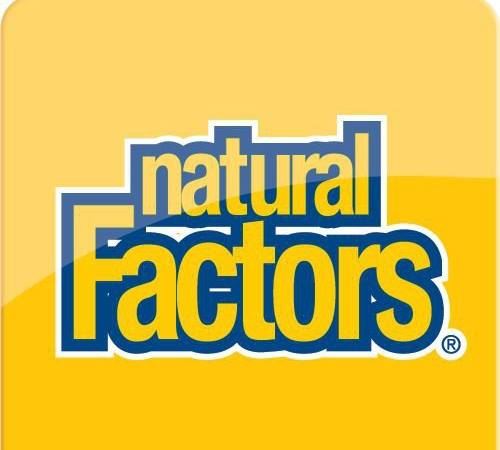With the arrival of 2025 comes a flurry of new laws taking effect.
These are some of the key laws to know about this year.
Minimum wage increase
Minimum wage for 2025 is raised to $16.66 an hour. A 38-cent increase from 2024 ($16.28 per hour), due to increased housing and food costs as calculated by the state Department of Labor & Industries.
Overtime exempt workers
Salaried employees made a large jump with the calendar turning to 2025.
For employers with 50 or fewer employees, workers will earn a minimum of $1,332.80 a week ($69,305.60 a year).
For employers with 51 or more employees, workers will now bring in a minimum of $1,499.40 a week ($77,968.80 a year). This covers employees who are exempt from overtime pay, so workers who are not paid for overtime must be paid their salaries.
Rideshare drivers' minimum pay
In 2025, drivers for companies like Uber and Lyft will earn a guaranteed wage based on time and mileage.
For trips outside of Seattle, drivers will earn 39 cents per minute of a trip and $1.34 for every mile driven during that time. The minimum trip amount earned will be $3.45. Food delivery drivers are not covered by the law—only drivers transporting passengers.
Paid sick leave
Washington has mandated employers to provide paid sick leave to employees since 2018.
In 2025, Washington's paid sick leave has now expanded.
Washington workers will now be able to take sick leave to care for anyone who lives at their residence or anyone "who has a relationship with them that creates an expectation that they would take care of them during an illness."
Under this new law, workers can also choose to take sick leave if an emergency closes their child’s school or daycare. A "child" includes a biological, adopted, foster child, stepchild, a child's spouse, or any other child for whom there is a legal responsibility.
Department of Commerce offers clean building performance grants
OLYMPIA, WA– The Washington State Department of Commerce is now accepting applications for the Clean Building Performance Grants program, which provides funding to help private and public building owners make improvements and meet Washington’s Clean Buildings Performance Standard (CBPS). This initiative aims to lower energy costs, reduce pollution, and create jobs across the state.
Building owners are required to comply with the performance standard beginning in 2026, depending on building size. Competitive grants are available now for work on Tier 1 covered buildings and Tier 1 and Tier 2 covered public buildings.
A Tier 1 covered building is defined as a building with combined nonresidential, hotel, motel, and dormitory floor area exceeding 50,000 gross square feet, excluding the parking garage areas. Tier 2 buildings have floor areas greater than 20,000 gross square feet, but not more than 50,000 gross square feet, as well as multifamily residential buildings with floor areas of 50,000 gross square feet or more, excluding parking garage areas. Get the complete details, timelines and FAQs at the Clean Buildings Performance Standards webpage.
Building owners can use these grants to offset the costs of energy efficiency projects and services that promote compliance with the performance standard. Grants will reimburse building owners for costs associated with projects and services that help achieve compliance with the CBPS, such as:
- Energy efficiency retrofits
- Contracted services to assist with:
- Energy audits (for privately held buildings)
- Developing an energy management plan (EMP)
- Developing an operations and maintenance program (O&M)
- Professional accounting services
“This program represents a significant step forward in creating cleaner, more energy-efficient buildings while also supporting economic growth and job creation in Washington,” said Commerce Director Mike Fong.
Application details:
- Deadline to apply is Jan. 30, 2025.
- Applications and additional details about the program are available on the Clean Building Performance Grants webpage.
- Two applicant conferences will be held on Dec. 19, 2024, and Jan. 9, 2025, providing potential applicants with an opportunity to ask questions about the program and eligibility.
- The Clean Building Performance Grants program reflects Washington State’s ongoing commitment to sustainability, energy efficiency, and economic opportunity.
- For information about Clean Building Performance Grants or to learn how to apply please contact the department at CBPSGrants@commerce.wa.gov.
Quick Business Tip*
Check your google listings and make sure your information is up to date and correct! Make sure to add photos of your business and ask a few chamber members or friends to leave you a good review. Try to do at least three businesses for January 2025. Happy New Year!
Janelle Drews
Executive Director
Monroe Chamber of Commerce
 Stay informed
Stay informed.png)



